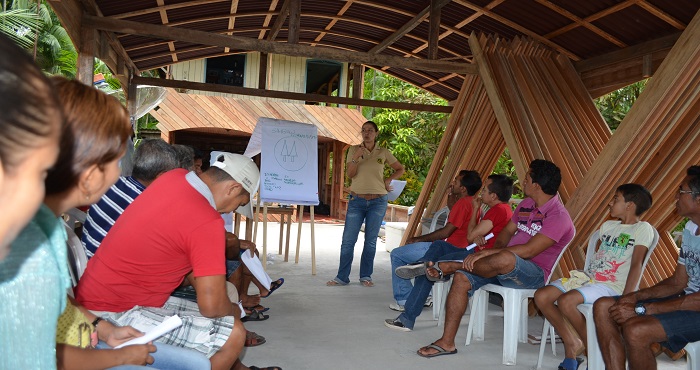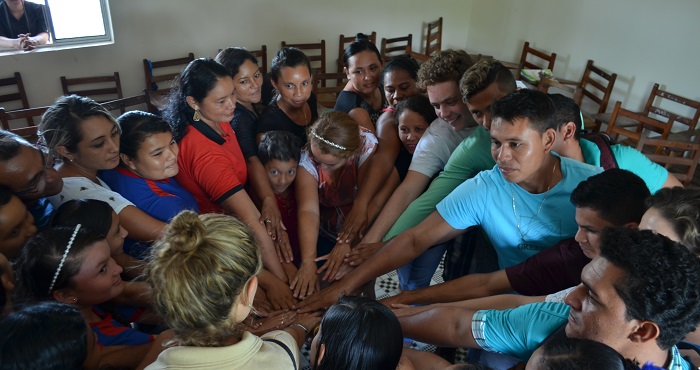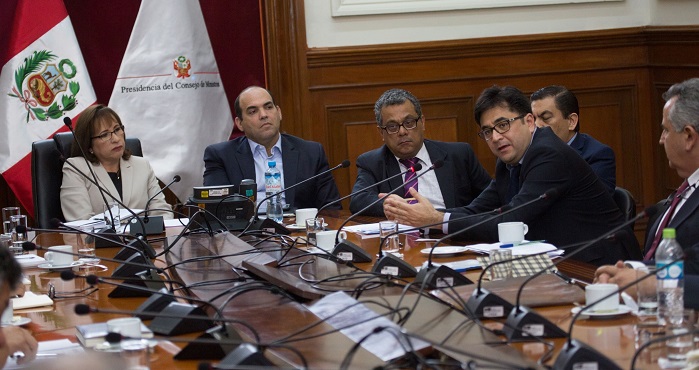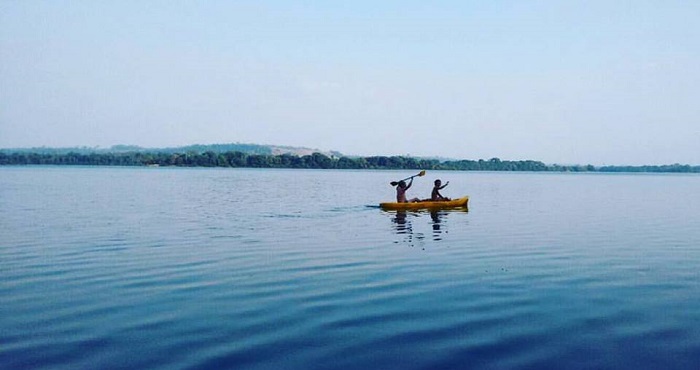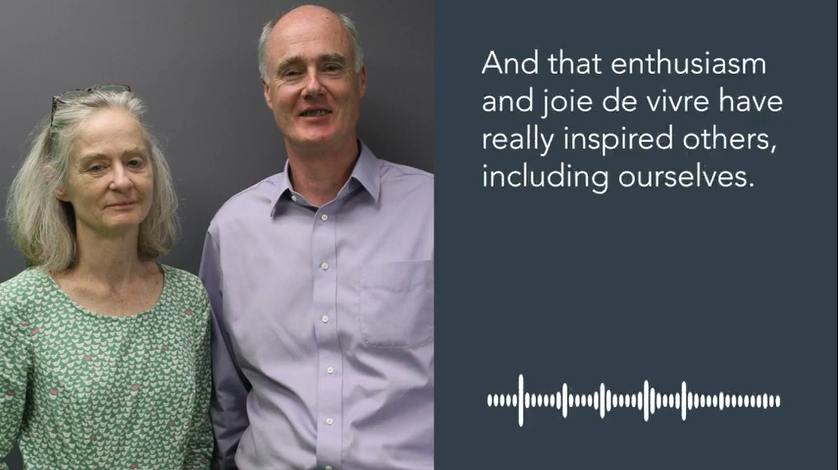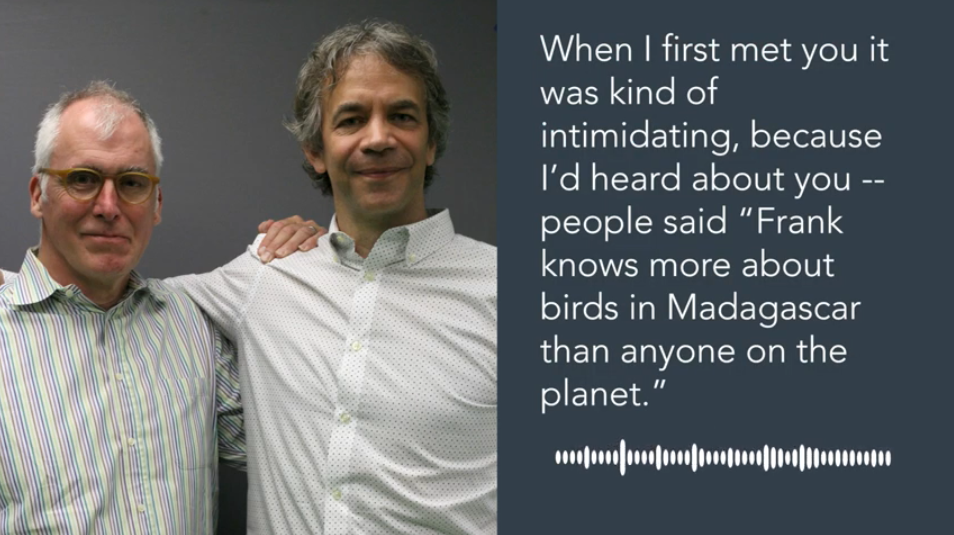Hector: And I think the other piece that we have learned through this is that most of the simple problems have been solved, so now we only have the complex problems to solve. And it takes much more than one person or one institution to solve them, and you really need to collaborate and to do partnerships. So I sat down with a few indigenous people, the chiefs that I had never ever dealt with before. I was actually terrified of sitting down with them and talking about them because I didn’t want to be offensive or insensitive.
But then I would come back to you, and we would talk, and then most of the things that I was terrified about you told me ‘yeah as well when I was going up the river, whatever, in the Amazon, I actually met this chief,’ so it’s very reinforcing. I’ve got a lot of support from your experience.
Marcelo: Well, I could say the same, absolutely. The way you navigate the biggest financial institution in the world and the way everybody has the ultimate respect for you, that is one of the biggest lessons I’ve ever learned.
Hector: We have a great opportunity of changing the way we go about these large projects in the Amazon, or in Peru or in Nepal or in Mozambique, we still find new partners. So I’m really looking forward to more adventures.
Marcelo: So do I, very much so.
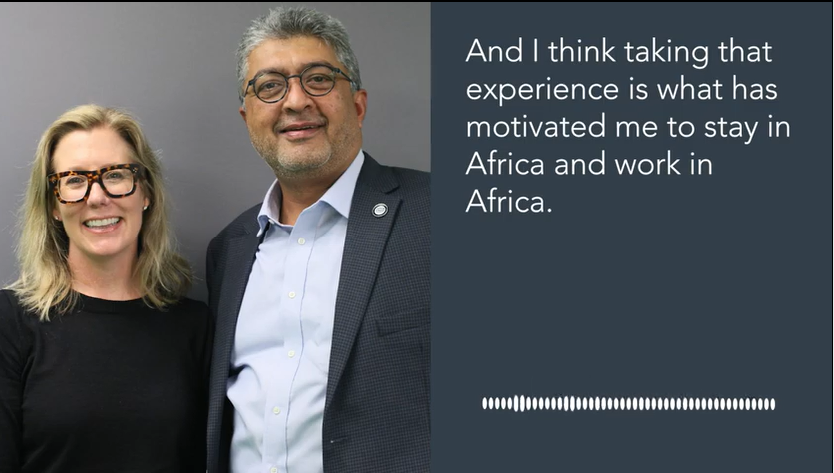 https://commdev.org/wp-content/uploads/2019/08/Satyam-Mary.png
473
834
James Frazier
James Frazier2019-08-05 11:49:172019-08-05 11:50:35Satyam Ramnauth & Mary Porter Peschka
https://commdev.org/wp-content/uploads/2019/08/Satyam-Mary.png
473
834
James Frazier
James Frazier2019-08-05 11:49:172019-08-05 11:50:35Satyam Ramnauth & Mary Porter Peschka